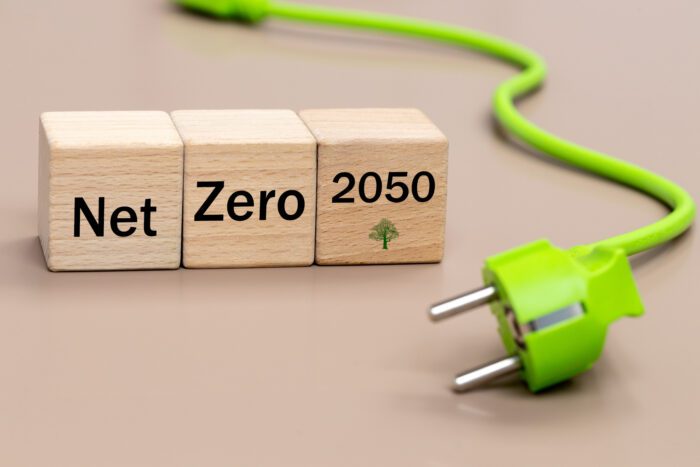To reduce the use of gas in order to meet the proposed emissions standards, the UK government has announced the end of gas boilers. This has led to the emergence of controversy and confusion. It was the UK has announced, in the month of April 20, 2021, new climate change-related commitments, which are designed to put the country on a path to reduce the carbon emission by 78% in 2035 and be net zero in 2050 (net zero goal was announced in the year 2019). In October 2021 The UK Government reinforced this message by releasing their Net Zero Strategy: Build Back Greener (PDF Download). To align with this strategy there is currently a legislative bill on the table to enforce an Energy Performance Rating of “C” for all rental properties in the UK by 2025.
As 14 percent of UK emissions stem from domestic energy usage (source: Climate Change Committee 2019), the UK government has announced bans on gas boilers and many see this as a significant step to assist the country reach its net zero emissions by 2050 goal. In light of the worldwide gas shortage which has caused several energy firms to fail and a shift away from gas it could not come at a better time. To clear up the myths and confusion surrounding the ban let’s look at what the proposals and their actual dates.
Some quick facts:
✔ By 2025, installation of gas boilers in new home builds will be banned
✔ By 2035, the UK will phase out all gas boiler installations
✔ Hydrogen-ready gas boilers may be an option after 2035, but only if they are connected to a hydrogen source
What will replace gas boilers in 2025?
So to be clear, if you will still have a gas boiler after 2025, it will continue to work and you can keep warm and toasty. But what will be used for all new home builds?
Heat Pumps
With the help of air a little electricity, heat pumps are built on the same innovative technology that is found in your freezer. The electric pump takes the heat of the air outside and compresses it until it can attain a higher temperature. It then transfers that into your home.
At the moment, the cost at first is very expensive, however it’s a new technology that’s still being developed, and as with any new technology, the price is likely to decrease with time, increased demand and competition. Also, in the long term it’s still more cost efficient than the hot water boiler system. Although the technology is excellent, it’s still in the early stages and unfortunately, it’s not appropriate for every home.
Hydrogen boilers
The next best thing to a boiler powered by natural gas is a hydrogen boiler, which is very similar, and the UK government is planning to bring these in gradually. The first phase will be introducing a 20% hydrogen blend into the UK mains supply, which won’t be until 2028 at the earliest. Any gas boiler you were to buy today will be compatible with the hydrogen switch when it comes.
Whilst hydrogen burns differently, it is a much cleaner source of energy and effectively works in the same way as your current gas boiler.
Do I need to replace my gas boiler after 2025?
No, Gas boilers will not be prohibited from 2025. However, it is likely that new homes built from 2025 will not meet the 75%-80 percent carbon reduction targets they’ve been given using gas-fired boilers. Therefore, it is likely that the new properties will be heated using renewable heating technologies such as heat pumps, either air source (ASHP) or ground source (GSHP).
Do I have to replace my gas boiler? Should I change it prior to 2025?
You can certainly replace the boiler you have in place with an alernative, but there is no requirement to do it prior to 2025. There is a possibility about gas-fired boilers only that are connected to hydrogen gas supplies are available in the near future. However, there’s currently no policy or legislation currently in the works. After 2035 if your gas boiler goes kaput, you will no longer be able to replace it with a gas one.

